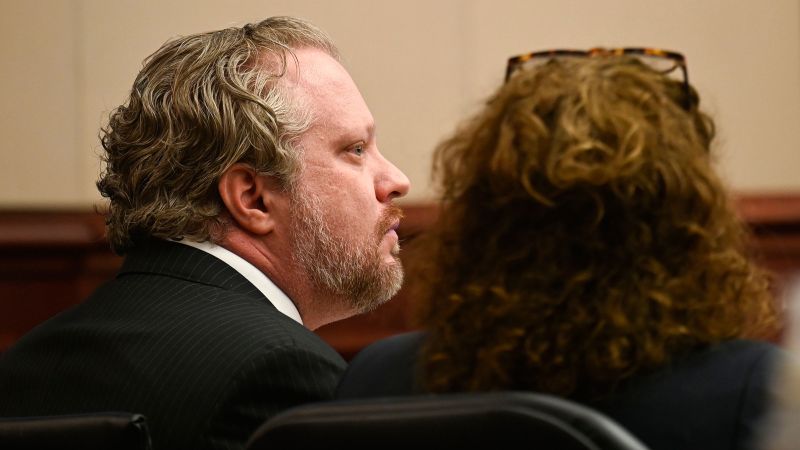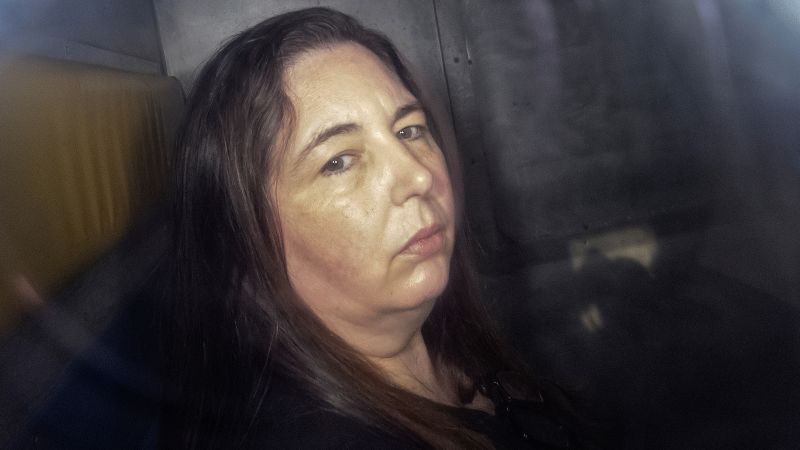
Advanced DNA Technology Allowed in Gilgo Beach Serial Killer Case
Opinion | 9/3/2025
A Suffolk County judge has ruled that evidence obtained through advanced DNA technology will be permitted in the case against Rex Heuermann, the suspected Gilgo Beach serial killer. The decision allows prosecutors to use cutting-edge forensic tools that allegedly link Heuermann to the series of murders that have plagued the Long Island community.
The application of this DNA technology marks a significant development in the investigation, potentially providing crucial evidence to support the prosecution’s case against Heuermann. Legal experts suggest that the judge’s decision underscores the increasing role of modern forensic techniques in criminal proceedings, particularly in cases as complex and high-profile as the Gilgo Beach murders.
Following the ruling, prosecutors are expected to leverage this advanced DNA evidence to establish a direct connection between Heuermann and the crimes attributed to the Gilgo Beach serial killer. The use of such sophisticated forensic methods raises the bar for the prosecution and highlights the evolving landscape of investigative tools available to law enforcement agencies.
While the admissibility of this cutting-edge DNA technology strengthens the prosecution’s position, defense attorneys may challenge its reliability and relevance during the trial. The utilization of advanced forensic techniques in criminal cases often sparks debates about accuracy and privacy concerns, adding another layer of complexity to the legal proceedings surrounding the Gilgo Beach murders.
As the case against Rex Heuermann progresses, the integration of innovative DNA technology sets a precedent for future criminal investigations and trials. The outcome of this trial and the impact of utilizing cutting-edge forensic tools will be closely monitored by legal experts and the broader community following the developments in this high-profile criminal case.


